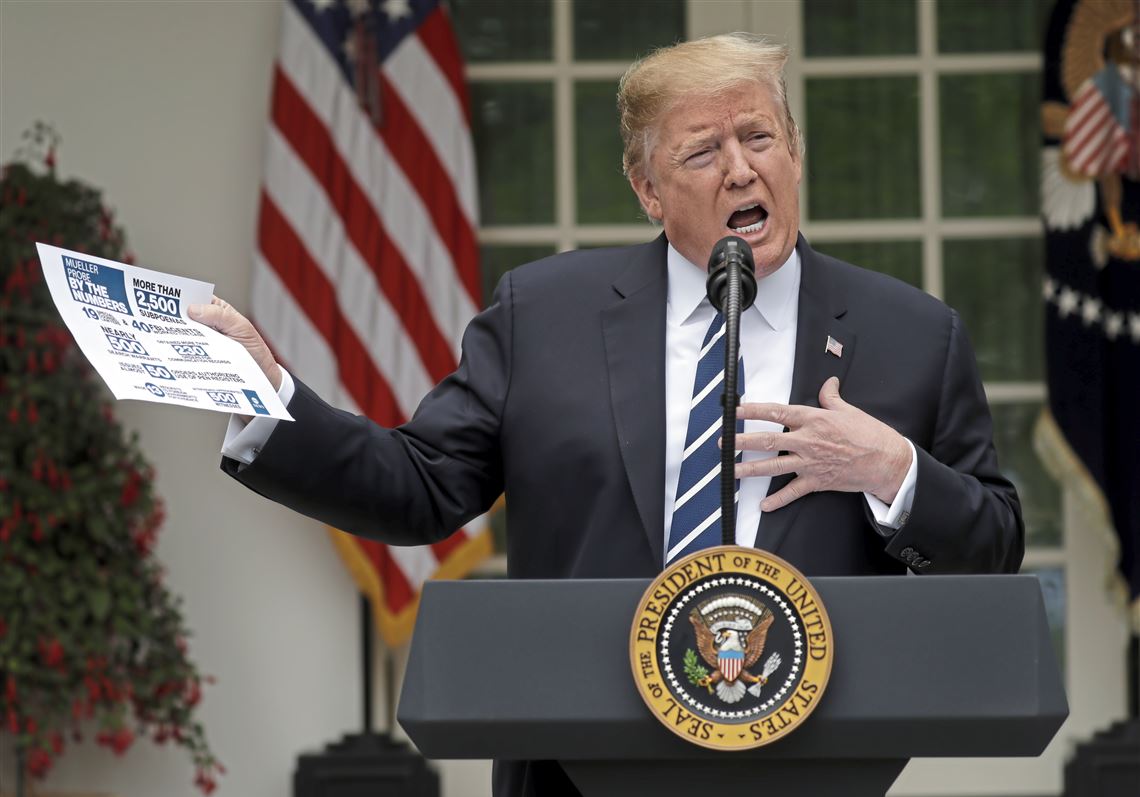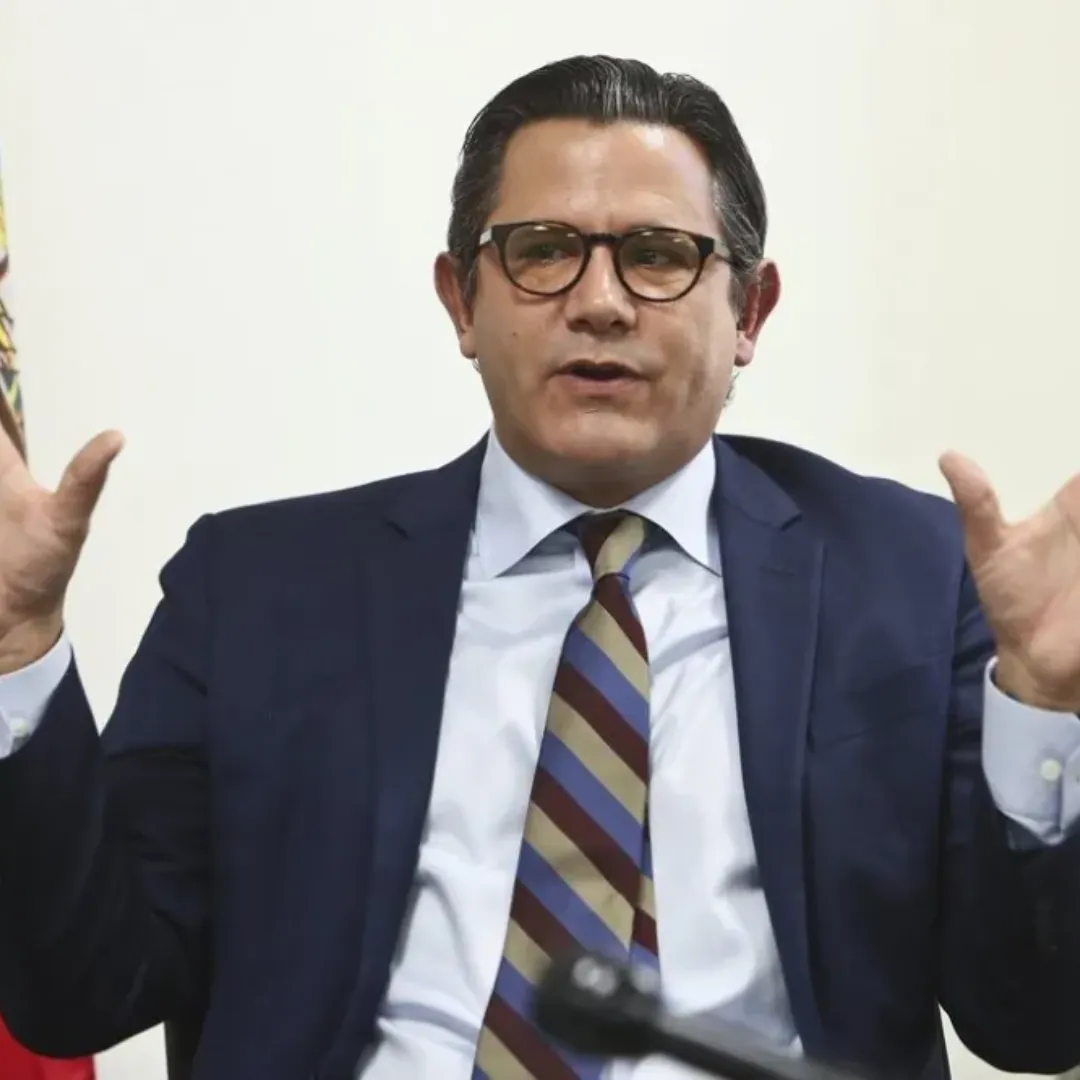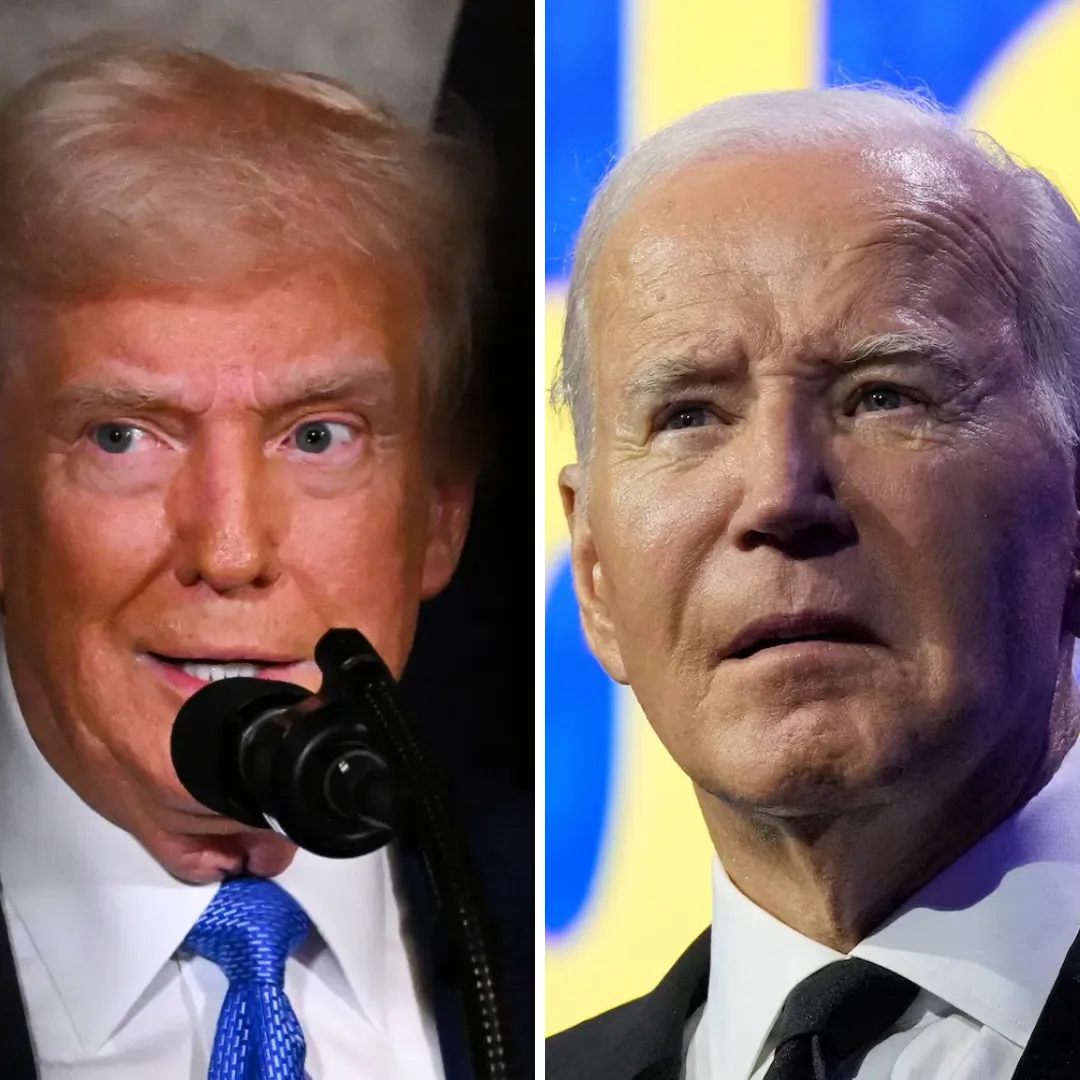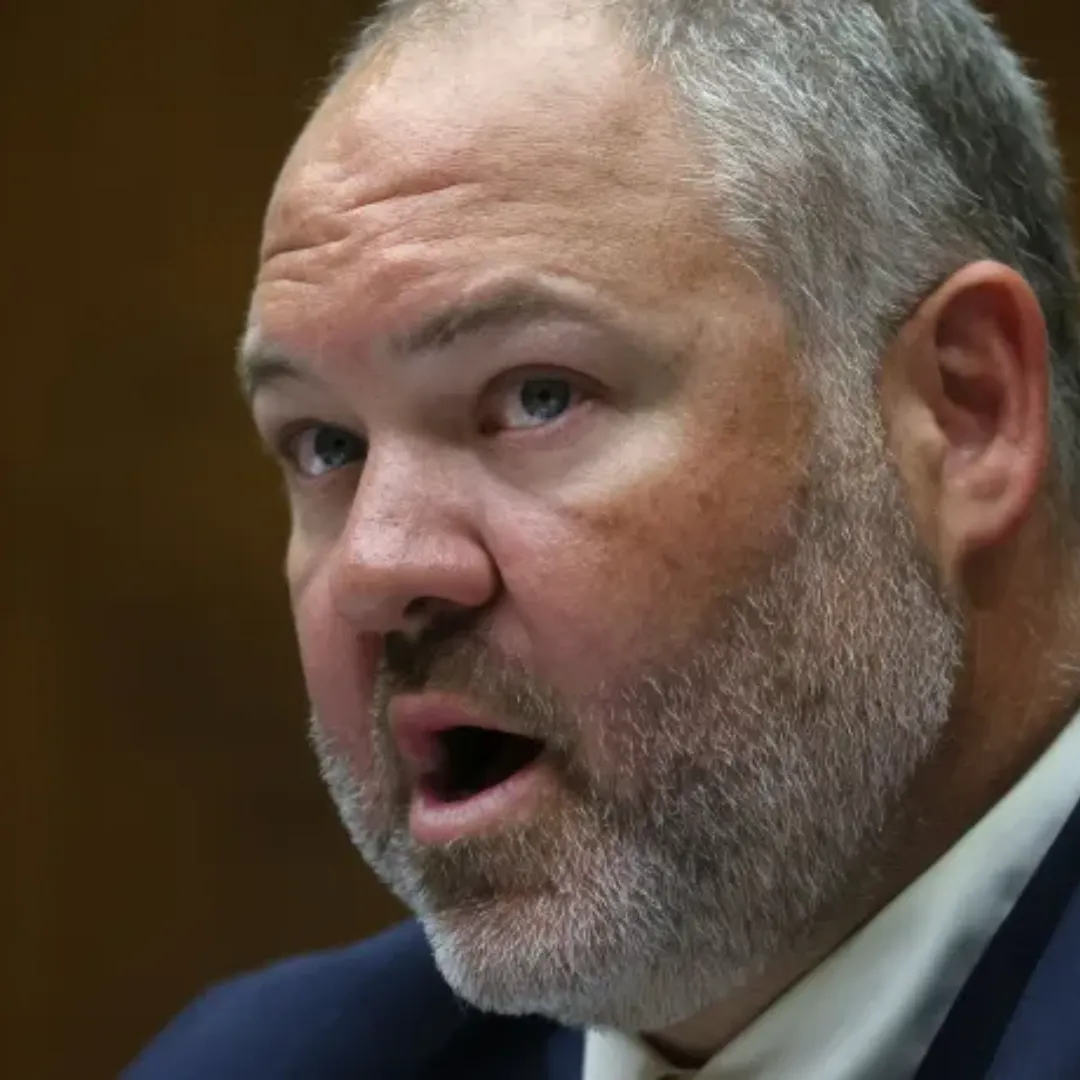The legal and political crisis surrounding President Donald Trump escalated further this week after a Democratic congressman called for his impeachment, citing the president’s refusal to comply with a ruling issued by the Supreme Court.
Representative Shri Thanedar of Michigan announced Wednesday that he believes Trump’s defiance of the high court’s order is an impeachable offense, marking a dramatic turning point in the ongoing controversy involving the deportation of Kilmar Armando Abrego Garcia.
Abrego Garcia, a Salvadoran man who had been residing in Maryland, was deported by the Trump administration in March, despite a court order temporarily blocking his removal. The case has sparked outrage among Democrats and human rights advocates, who argue that the administration violated legal norms and constitutional limits by ignoring judicial authority.
Last week, the Supreme Court ruled that the administration must return Abrego Garcia to the United States, affirming that his deportation was carried out in defiance of legal procedures and must be rectified immediately.
However, the Supreme Court’s decision has no built-in enforcement mechanism. The court cannot compel the executive branch to act, leaving it up to the administration to comply voluntarily.
Thus far, Trump and his top immigration officials have shown no indication that they intend to honor the decision. In response to this ongoing defiance, Representative Thanedar took to social media to make a forceful call for impeachment.
"I've seen enough," Thanedar wrote in a post on X. "Donald Trump is not abiding by a lawful Supreme Court ruling. As a member of Congress, I fully support impeaching him. NOW."
The call for impeachment follows a ruling on Wednesday by U.S. District Judge James E. Boasberg, who determined that there was probable cause to hold the Trump administration in criminal contempt. While Boasberg did not issue a criminal referral, his statement made clear that the administration had overstepped the authority granted to it under the Constitution by refusing to comply with a binding court decision.

According to legal experts, the next step would involve the Department of Justice determining whether to pursue criminal charges based on the judge’s findings. The Justice Department has so far remained silent on whether it intends to act on the matter.
The broader implications of this standoff between the executive and judicial branches are already being felt in Washington. Thanedar’s call for impeachment, though unlikely to result in immediate proceedings, raises the temperature in an already highly polarized political environment.
Trump, who became the first U.S. president to be impeached twice during his first term, is once again facing serious legal scrutiny. In both previous cases—first over his dealings with Ukraine and later for his role in inciting the January 6 Capitol attack—Trump was acquitted by the Senate.
His ability to avoid conviction and removal from office has emboldened his supporters and strengthened his political base, even as critics continue to accuse him of undermining democratic institutions.
The current situation is unique, however, because it centers on a direct refusal to implement a Supreme Court decision. This defiance, Thanedar argues, goes beyond political maneuvering and into the territory of a constitutional crisis.
"We have a system based on checks and balances," Thanedar said during a brief interview after his social media post. "When one branch of government ignores another, especially the judiciary, we enter dangerous territory. No president is above the law."
The case at the center of the dispute involves Kilmar Abrego Garcia, whose deportation has become a flashpoint for debates over immigration, executive authority, and judicial independence.
Abrego Garcia had been living in Maryland with his wife and children when he was detained by federal agents. Despite a standing court order allowing him to remain in the U.S. while his legal proceedings were ongoing, he was placed on a flight to El Salvador and removed from the country.
The Supreme Court later ruled that the deportation was in violation of that order and must be reversed. The Trump administration has argued that Abrego Garcia has ties to gang activity, specifically MS-13, though no criminal charges have been filed against him.

His attorneys and supporters maintain that he has no known criminal record and that his removal was politically motivated.
The administration’s refusal to comply with the high court’s decision has now drawn condemnation from lawmakers and civil liberties groups. Thanedar’s call for impeachment may not gain widespread traction in the Republican-controlled House, but it reflects growing frustration among Democrats who see Trump’s actions as part of a broader pattern of undermining the rule of law.
Trump, for his part, responded to the criticism with characteristic hostility. In a post on his platform Truth Social, the president launched into a tirade against Judge Boasberg, who authored the ruling that found probable cause for contempt.
Trump called for Boasberg’s impeachment, claiming the judge was acting politically. "HE DIDN’T WIN ANYTHING!" Trump wrote. "This judge, like many of the Crooked Judges I am forced to appear before, should be IMPEACHED!!!"
The statement, filled with Trump’s usual capitalized emphasis and accusatory language, was widely circulated online and appeared to be aimed at rallying his political base.
Critics, however, argue that Trump’s statements reflect a deeper disdain for institutional norms and judicial independence. Legal scholars have warned that the president’s continued attacks on judges and refusal to abide by court rulings threaten to erode public trust in the legal system.
"If a president can ignore a Supreme Court ruling without consequence, then the entire constitutional framework is at risk," said one former federal judge. "The judiciary must be respected, or the rule of law becomes meaningless."
Some Democrats have expressed interest in pursuing congressional inquiries into the matter, including potential hearings on the administration’s compliance with court orders. However, others have cautioned that impeachment would require substantial evidence and bipartisan support, both of which may be difficult to secure in the current political climate.
Nonetheless, Thanedar’s call has opened the door for a broader conversation about the limits of presidential power. He has vowed to introduce a resolution calling for impeachment when the House returns from recess, though it remains to be seen whether other Democrats will join him.
"We must act now," Thanedar said. "Every day that we allow this defiance to go unchecked is another day that the Constitution is weakened."
Meanwhile, Abrego Garcia remains in detention in El Salvador. His attorneys continue to petition both the U.S. government and international human rights organizations to intervene and facilitate his return. They argue that his detention abroad, particularly in a country known for harsh prison conditions, poses serious risks to his health and safety.

The case has attracted attention from lawmakers beyond Thanedar. Senator Chris Van Hollen of Maryland recently traveled to El Salvador to check on Abrego Garcia’s status but was initially denied access to the high-security facility where he is being held.
Van Hollen later managed to meet with him and shared an update with Abrego Garcia’s family. He, too, has criticized the administration’s handling of the case, calling it a clear violation of due process.
As the political and legal drama continues to unfold, pressure is building on both Congress and the Department of Justice to act. Whether the current impasse will lead to formal impeachment proceedings or remain a flashpoint in an already contentious presidency remains uncertain.
What is clear, however, is that the battle over the rule of law has reached a new level. For lawmakers like Thanedar, the stakes are nothing less than the future of American democracy.
"This isn’t just about one man," he said. "It’s about whether we’re going to allow any president to place himself above the Constitution. And I, for one, will not stand by and watch that happen."


-1746253335-q80.webp)

